How To Choose A Debt Advisor
As interest rates continue to rise and the cost of putting food on the table continues to increase, finding help with debt has become top of mind for a lot of Canadians who are carrying high debt levels. But who do you trust when it comes to getting information about how to manage that debt load?
Social Media feeds are full of advertisements for debt advisors who promise to help relieve debt stress by eliminating a large percentage of your debt, but offer no information about how they are able to deliver on those promises or how you will be affected.
In November 2022 the Office of the Superintendent of Bankruptcy (OSB) and the Canadian Association of Insolvency and Restructuring Professionals (CAIRP) issued a media release warning Canadians about the issues surrounding unlicensed debt advisors and the unregulated debt management plans they offer.
When seeking advice about help with debt, here are some things to consider:
Debt products like credit cards, lines of credit, and personal and payday loans carry the highest interest rates. Take control of these types of debts by setting up a plan to pay them off instead of just making minimum payments - this is key to getting off the debt treadmill. Consider the following:
Beware of unregulated, unlicensed debt advisors that claim to be authorized to assist you with insolvency options. Some charge hundreds or even thousands of dollars for services they are not licensed to provide, or for unnecessary services offered before, during, or after a consumer proposal or bankruptcy filing.
If it sounds too good to be true, it probably is. Watch out for high-pressure sales tactics or unrealistic promises to quickly solve your debt problems or to fix your credit score. Signs may include high fees, high interest rates, delayed payments, and advisors encouraging you to make further advances on your credit card or take out a high-interest loan to pay their fees.
Meet with a Licensed Insolvency Trustee (LIT). LITs provide independent, unbiased advice about the options to deal with debt. They are required to assess your financial and personal situation, and to discuss all options available for solving financial difficulties, including insolvency and non-insolvency options.
The Office of the Superintendent of Bankruptcy, Canada’s governing agency for all things Bankruptcy & Insolvency, has a directory of LITs and LIT firms for you to refer to. LIT services are available across the country, even in remote locations.
An LIT may recommend non-insolvency options such as talking to your creditors, consolidating your debts, or establishing and following a budget and/or a Debt Management Plan (DMP). If needed, they would refer you to a reputable credit counseling agency if, for example, you need to access services relating to a Debt Management Plan.
If your financial situation is more serious, an LIT may recommend an insolvency option such as a consumer proposal or bankruptcy. LITs are the only professionals authorized to administer these government-regulated insolvency options.
Ask for a free consultation. First consultations with an LIT may be free, so those facing debt problems can get advice with no commitment and no upfront fees.
Most importantly, be a well-informed consumer by consulting reliable sources for information, asking questions, and seeking a second opinion. This can help you avoid paying for unnecessary services or fees.
Associated Resources
Start your journey to financial freedom. Book your free, no obligation consultation today to connect with one of our experienced BC/Yukon Licensed Insolvency Trustees (LITs).

